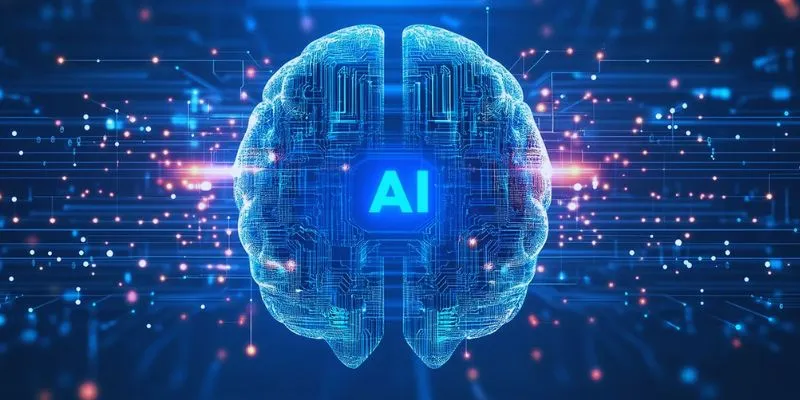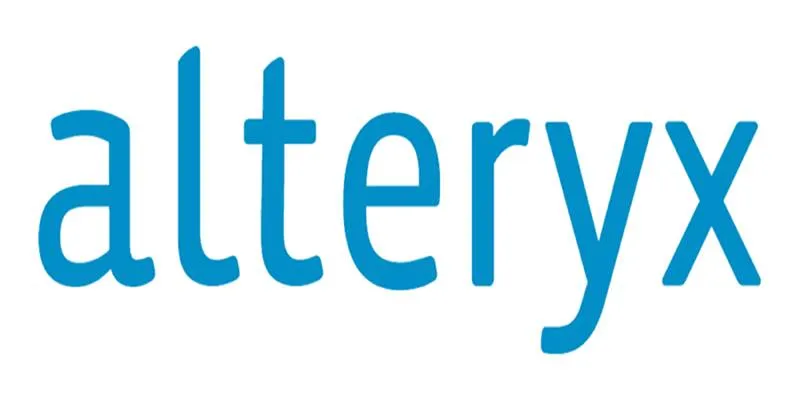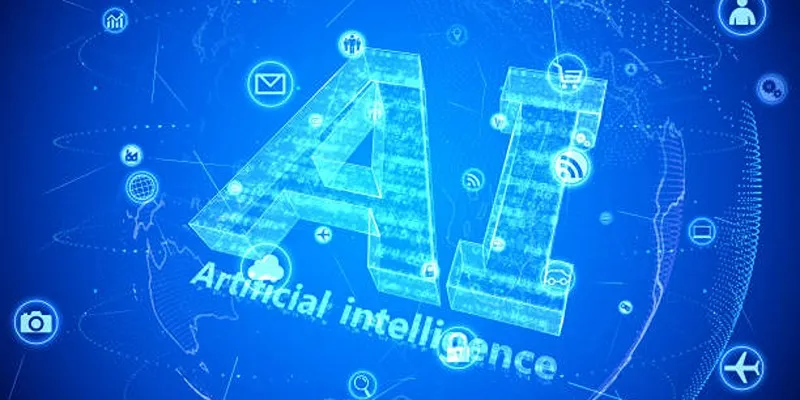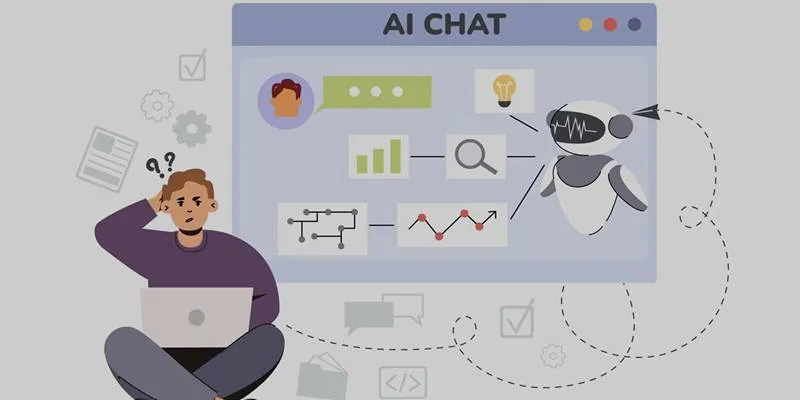Goal-driven agents in AgentGPT make it an exceptionally powerful AI tool for task automation. These agents operate autonomously, capable of planning and strategizing to achieve complex objectives. As AI-powered business solutions become prevalent, AgentGPT is revolutionizing professional task management. It efficiently handles time-consuming and repetitive tasks, from data entry to market research, making it ideal for boosting productivity without human supervision.
AgentGPT stands out as a leading solution for businesses seeking enhanced automation. Users can swiftly create custom agents with natural language instructions. Whether managing minor tasks or major projects, AgentGPT delivers consistent and reliable results, reducing errors, saving time, and minimizing costs.
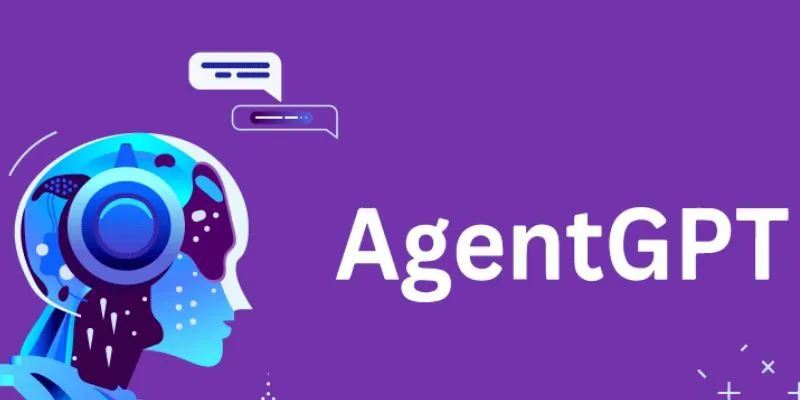
Understanding AgentGPT: How It Works
AgentGPT is a web-based platform enabling users to deploy autonomous AI agents designed to complete specific tasks. Simply describe the task, and AgentGPT manages the rest, developing strategies, gathering information, and making decisions independently. While similar to ChatGPT, it integrates advanced goal-setting logic.
Users input their objectives in plain English, such as “Research top digital marketing tools,” and the agent methodically executes the task. It investigates outcomes, adapts, and continues until the goal is achieved. With access to tools and APIs, AgentGPT can search, code, or send emails, significantly reducing errors and time, especially beneficial for developers and business teams. This transformation of manual tasks into fully automated processes yields excellent results with minimal effort.
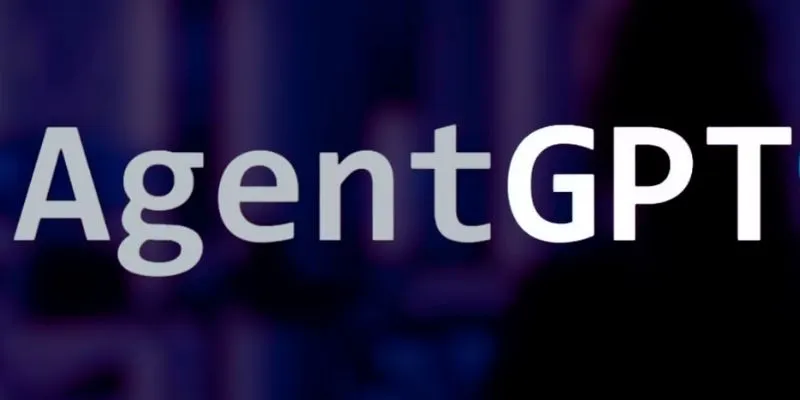
Key Features That Differentiate AgentGPT
AgentGPT offers several features that enhance its usability. It allows multiple agents to operate simultaneously, each pursuing different objectives independently, enabling users to multitask without increasing workload. The platform’s memory capacity aids in task recall across sessions, facilitating long-term project planning. Real-time job updates further enhance its functionality.
Agents work in phases, refining activities as needed, making it adaptable for professional workflows. It supports integration with external applications, including databases, APIs, and communication tools. AgentGPT’s straightforward user interface ensures even non-technical users can create complex agents effortlessly. Built-in error handling and self-correction allow the tool to learn from past mistakes, becoming more intelligent with each task. Together, these features provide a seamless and reliable experience for all users.
Advantages of Implementing AgentGPT in the Workplace
AgentGPT transforms team responsibility management by automating repetitive tasks, allowing employees to focus on strategic and creative projects. As an autonomous AI agent system, it manages tasks without constant supervision, boosting efficiency. It quickly analyzes vast data sets, facilitating faster decision-making. Businesses also benefit from reduced operational costs, as automation decreases the need for additional personnel.
By enhancing accuracy, AgentGPT minimizes the risk of costly errors, instilling confidence in the system’s ability to execute precise instructions. It excels in research, reporting, customer service, and scheduling, making it highly adaptable across various industries. From marketing to technology, AI- powered tools like AgentGPT enable industries to work smarter, not harder, streamlining operations.
Real-World Applications of AgentGPT
AgentGPT finds practical applications in corporate settings. A common use case is lead generation, where the agent generates summaries, qualifies leads, and collects contact information. It excels in market research, scanning numerous sources to compile insights swiftly and accurately. E-commerce teams utilize it for product descriptions, generating attractive, search-engine-optimized content.
In software development, AgentGPT can create small software components or debug code. It supports HR departments by screening resumes and sorting applications. Project managers use it to log activities and send instant updates, while customer service teams benefit from chatbot management and FAQ response. Even content creators find value in using AgentGPT for generating blog ideas and drafting content. These applications highlight the adaptability and value of goal-directed AI technologies, bringing automation to life practically and effectively.
Challenges and Limitations of AgentGPT
Despite its advantages, AgentGPT has limitations. It can misinterpret ambiguous instructions, so clearly defined tasks are crucial to avoid errors. Data privacy is a significant concern, given the system handles extensive data, necessitating secure usage. Integration can be challenging due to its reliance on external tools. For complex tasks, oversight might still be necessary to ensure output meets professional standards. The tool’s performance relies on API stability and internet access; without these, some features may be less effective.
Additionally, the cost of operating high-performance agents can be a barrier for budget-conscious companies seeking to scale operations. Users must stay informed about AI advancements to avoid falling behind in adoption. However, with adequate preparation, most challenges can be managed, offering substantial benefits for teams ready to embrace digital transformation and invest strategically in workflows.
The Future of Autonomous AI Agents Like AgentGPT
The future of AgentGPT and similar technologies is promising. As AI evolves, agents will become increasingly intelligent, responding more naturally and understanding complex goals better. Future updates may incorporate emotional intelligence, enhancing AI’s human-like appeal. Autonomous AI systems will expand across more industries, with companies entrusting AI with more than just routine tasks. Advancements in blockchain and IoT could open new automation possibilities, and custom agents tailored to specific workflows are likely to emerge.
Furthermore, AI ethics, transparency, and fairness will play pivotal roles in shaping how technologies like AgentGPT operate. Regulatory frameworks may emerge to guide responsible workplace use. Improved user interfaces will make these technologies accessible to all. With growing trust in AI, AgentGPT could become as essential as email or calendars, integral to the modern workforce.
Conclusion
AgentGPT is revolutionary in corporate automation, efficiently handling daily tasks through an autonomous AI system. From lead generation to report creation, it streamlines processes and boosts productivity. Its strength lies in intelligent planning and self-correction, providing businesses with a consistent tool for significant results. As organizations explore AI-powered solutions, AgentGPT leads the way in maintaining competitive advantages through goal-driven AI technologies. More than a tool, AgentGPT represents a significant step toward the future of intelligent work systems.
 zfn9
zfn9







